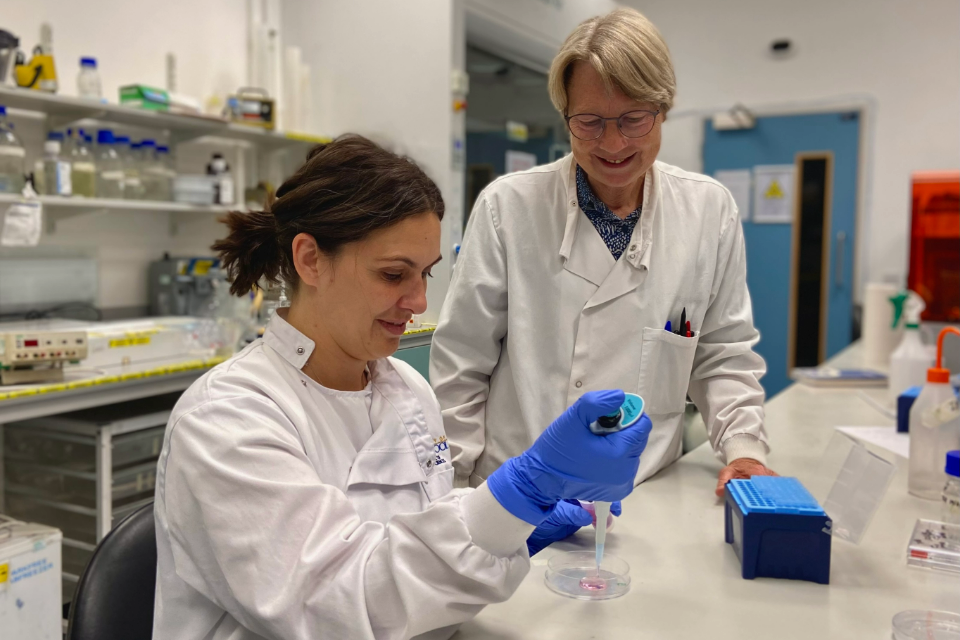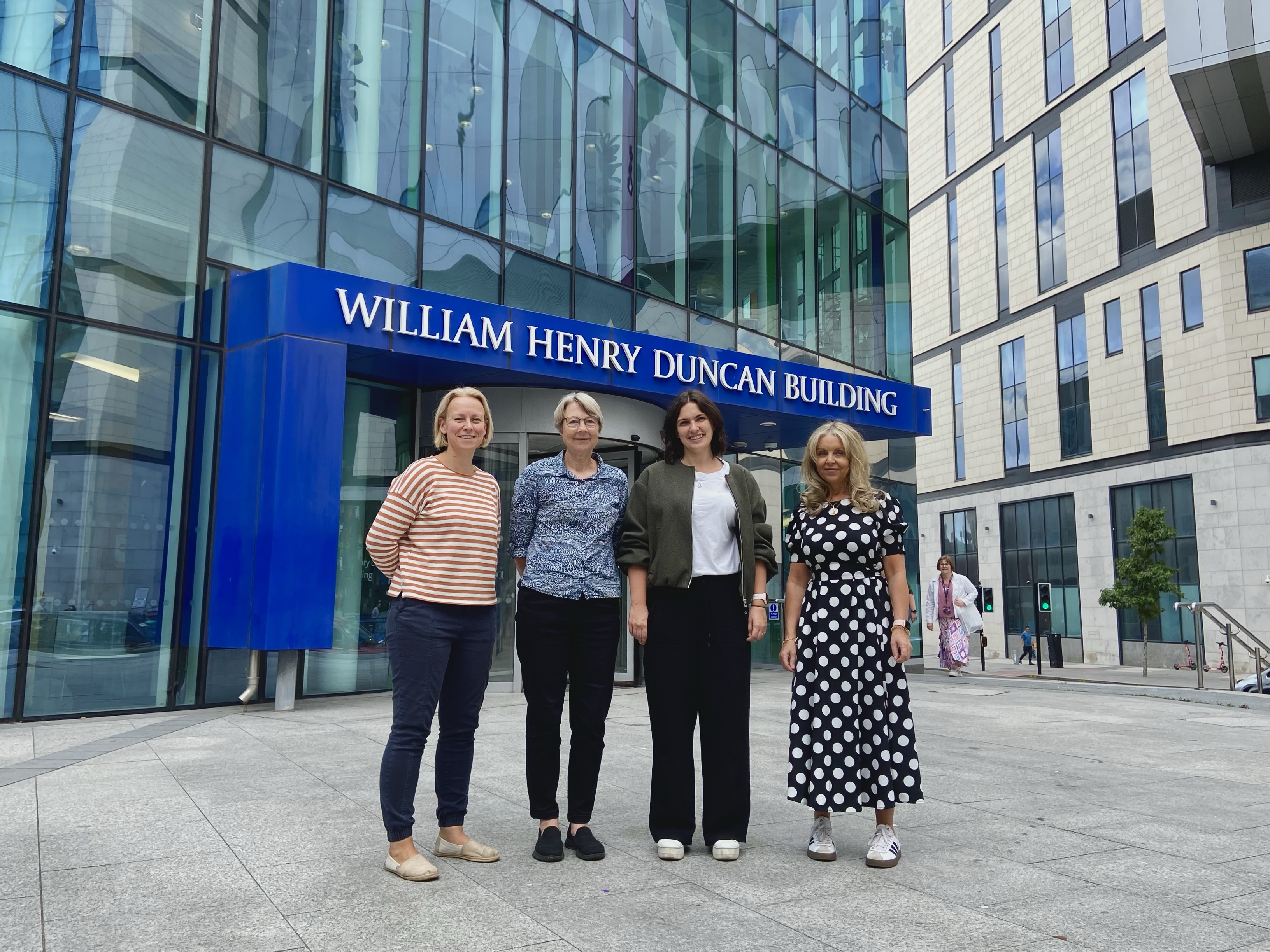
Researchers at the University of Liverpool have secured more than £2.4 million to advance the development of a treatment for a progressive eye condition that causes the cornea to become misshapen, leading to significant vision impairment or blindness.
Keratoconus affects approximately 1 in 2,000 individuals in the UK, with prevalence rising to 1 in 200 among South Asian populations. Typically developing between the ages of 12 and 40, the condition can severely impact education, employment, and quality of life. In 2022 alone, the NHS cost of vision loss due to keratoconus in the UK exceeded £400 million.
While current treatments, can prevent the progression of the disease, they are invasive and carry risks including infection and long-term tissue damage. Led by Rachel Williams, Professor of Ophthalmic Bioengineering at the University of Liverpool, the Liverpool research team, including Drs Lucy Bosworth, Helen Cauldbeck, Angela Stainthorpe and Tansi Khodai, will use Medical Research Council (MRC) funding to further develop and clinically translate a new, minimally invasive treatment that offers a safer, more accessible alternative.
Professor Williams said: “Our approach uses a novel cross-linking agent that can be administered painlessly under local anaesthetic, without removing the corneal epithelium – a key source of discomfort and complications in current treatments. This innovation has the potential to radically change the patient care pathway, making treatment available in community optometry practices rather than requiring specialist hospital settings.”
Preclinical studies led by Professor Williams have already demonstrated the treatment’s safety and efficacy in vivo, showing no histological changes in the cornea or surrounding tissues. The new formulation is applied using a suction ring and does not require the removal of protective surface tissue – making the procedure both simpler for clinicians and more comfortable for patients.

This transformative treatment could significantly reduce the financial burden on the NHS.
Professor Williams concluded: “This award enables us to take the crucial next steps toward commercialising the treatment. Our aim is to partner with industry to bring this innovation into clinical use working closely with our collaborator Dr Vito Romano from the University of Brescia – reducing the need for invasive surgeries and dramatically improving access to care for patients with keratoconus.”
£2,498,485 was awarded by the MRC Developmental Pathway Funding Scheme (DPFS), building on proof-of-concept work made possible through Harmonised IAA funding from the University’s Research, Partnerships and Innovation (RPI) directorate. Professor Williams has also benefited from ongoing support from the University’s Enterprise team.
Pictured above, outside the William Henry Duncan Building: L-R: Dr Lucy Bosworth, Professor Rachel Williams, Dr Helen Cauldbeck and Jan Harrison.